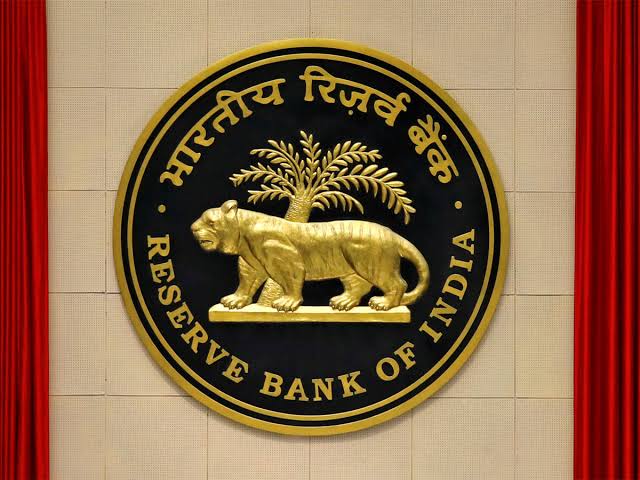
To encourage fairness, accountability, and transparency in financial institutions’ lending operations, the Reserve Bank of India (RBI) has established extensive guidelines governing penal charges in loan accounts.
All commercial banks are subject to these regulations, including Small Finance Banks, Local Area Banks, Regional Rural Banks, Primary (Urban) Co-operative Banks, Non-Banking Financial Companies (NBFCs), and All India Financial Institutions.
The RBI’s action is a part of its continuous efforts to guarantee that borrowers are treated equally and to resolve customer complaints resulting from disparate practices in the implementation of punitive charges.
Under the new guidelines, financial institutions are required to adhere to the key principles.
The guidelines emphasize that any penalty imposed for non-compliance with material terms and conditions of a loan contract shall be treated as ‘penal charges’ rather than ‘penal interest.’
This means that penal charges should not be added to the rate of interest charged on the advances, and no further interest should be computed on such charges.
The quantum of penal charges should be reasonable and commensurate with the level of non-compliance. These charges should be clearly disclosed to customers in the loan agreement in terms and conditions, and the Key Fact Statement (KFS).
Additionally, they should be prominently displayed on the financial institution’s website under the section dedicated to interest rates and service charges.
Financial institutions are required to formulate a Board-approved policy on penal charges or similar charges on loans. This policy should outline the rationale for the charges, the criteria for determining their quantum, and their applicability across different loan/product categories.
The guidelines ensure fairness by mandating that penal charges for loans sanctioned to individual borrowers (for purposes other than business) should not be higher than those applicable to non-individual borrowers facing similar non-compliance.
Financial institutions must clearly communicate the applicable penal charges to borrowers whenever reminders for non-compliance with material terms and conditions are sent.
Additionally, any instance of the levy of penal charges and the reasons for their imposition should also be communicated.
These instructions will come into effect from January 1, 2024. Financial institutions are expected to revise their policy frameworks accordingly and ensure the implementation of the new guidelines for all fresh loans availed or renewed from the effective date.
Existing loans will transition to the new penal charges regime on the next review or renewal date, or within six months of the effective date of these instructions, whichever is earlier.
The RBI’s objective behind these guidelines is to align the practices of financial institutions with customer-centric principles, enhance transparency, and ensure that penal charges serve their intended purpose of inculcating credit discipline rather than acting as a revenue enhancement tool.















